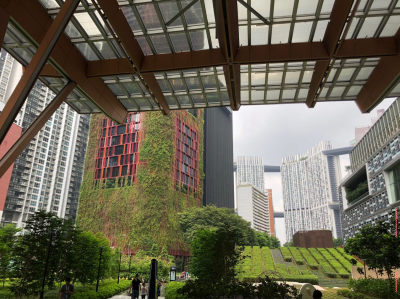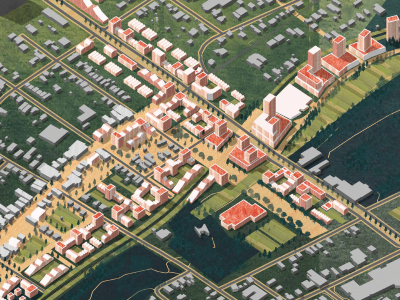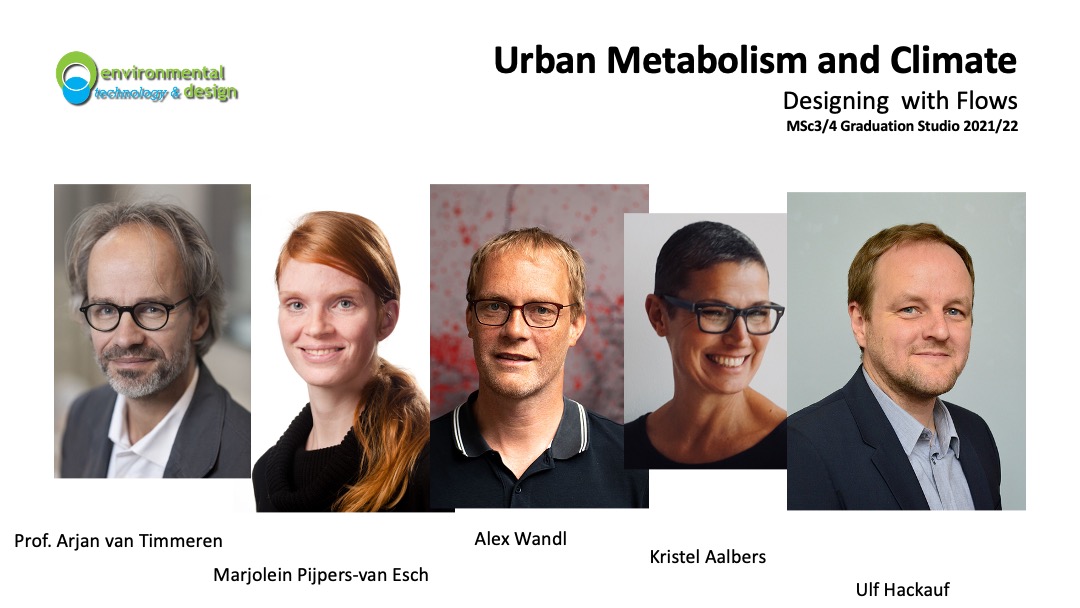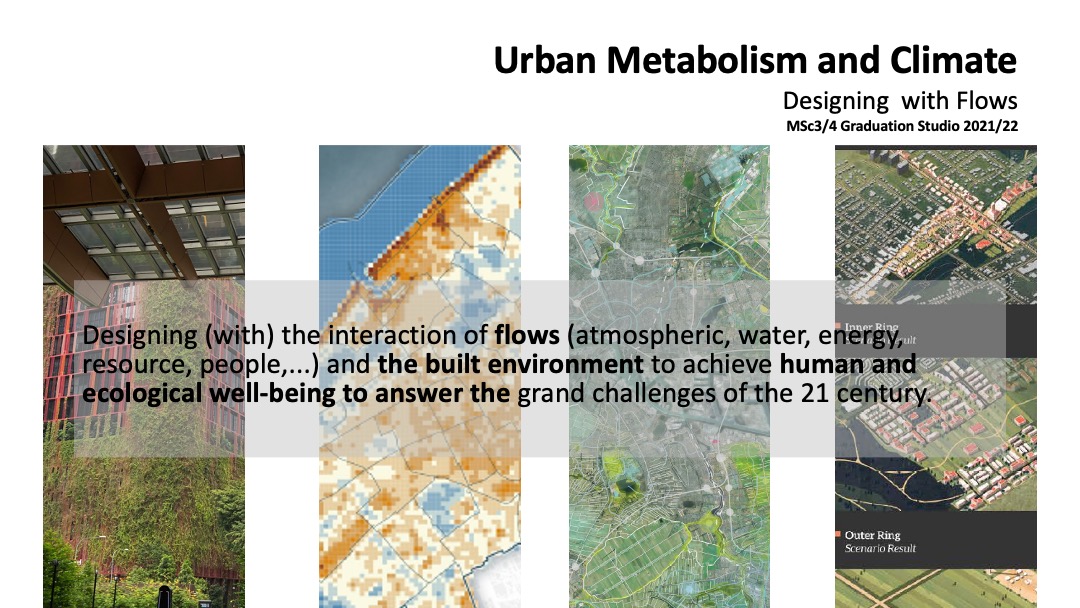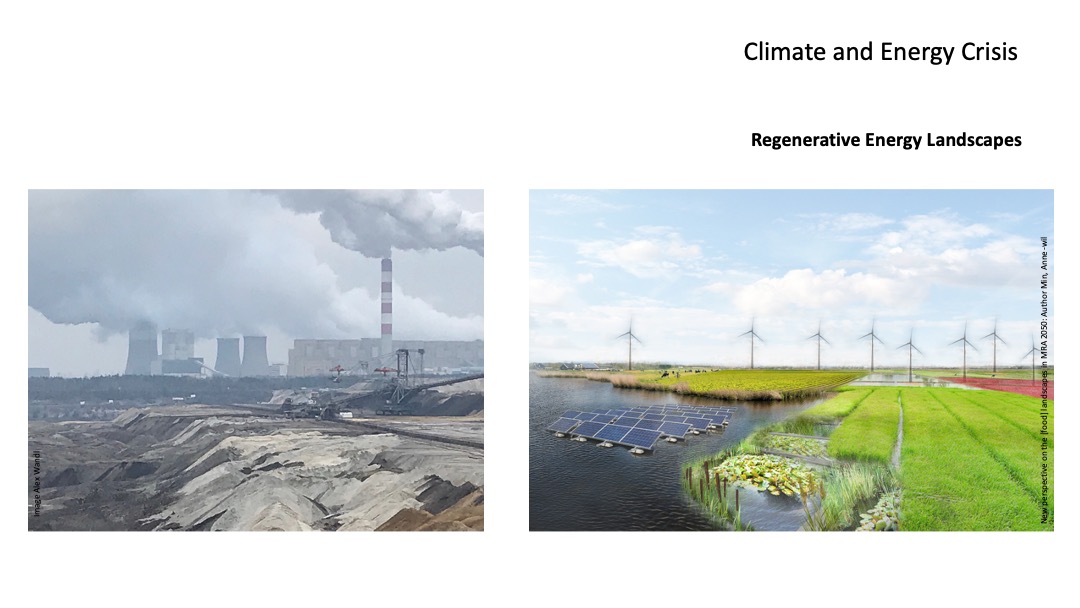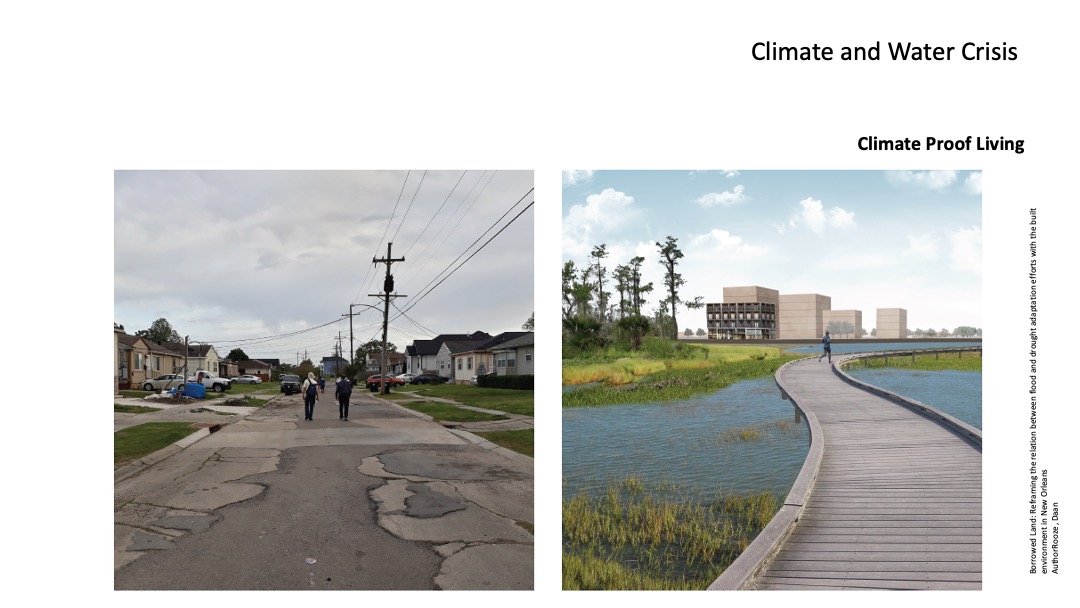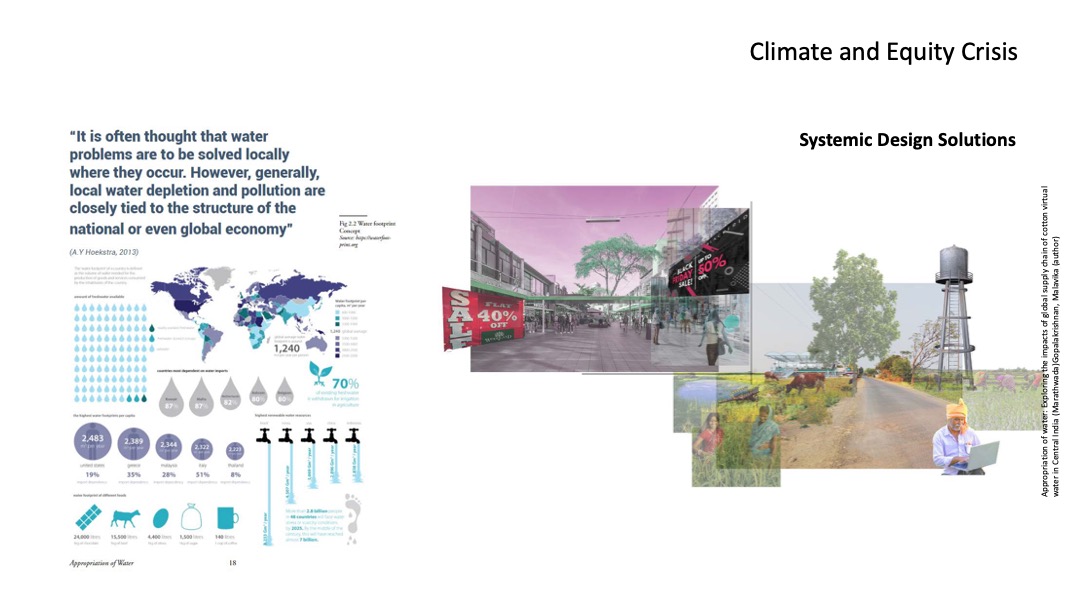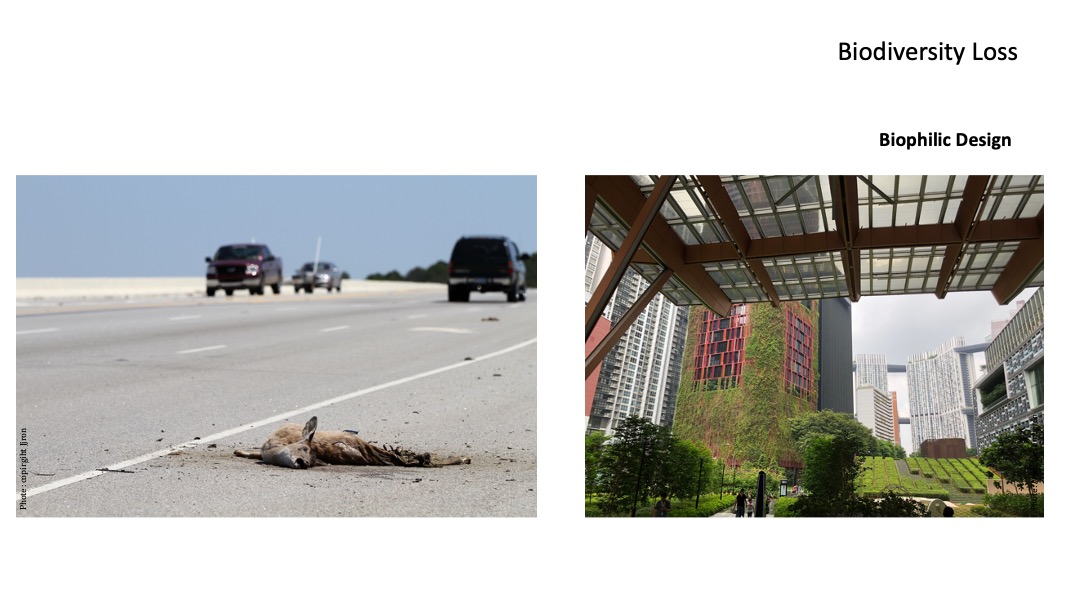Urban Metabolism and Climate (UMC)
In the UMC graduation studio, students integrate design, science and engineering into holistic spatial environmental solutions addressing the grand challenges of the 21 century: the climate crises, energy transition, reversing the biodiversity loss, shift towards circularity, and housing the growing (and ageing) population, while delivering spatial quality and creating sustainable and regenerative urban environments. Our systemic approach allows many entry points covered by the diverse expertise of the UMC mentors. Common to all projects is that they consider the interaction of flows (atmospheric, water, energy, resource, people,…) and morphology to achieve human and ecological well-being.
Research Informed Design
To design the built environment from a flows perspective requires a combination of methods from different scientific disciplines with a creative design process = Systemic Design.
Students start their design process using analytical methods from multiple disciplines like climatology (climate modelling), industrial ecology (flow and resource modelling), water management (hydrological modelling), traffic engineering or ecology to gain an understanding of the complexity of the system they are dealing with. Informed by their research, we identify leverage points and develop various design solutions, which are integrated in the morphology and the socio-technical system of the city and then evaluated, using quantitative and qualitative methods.

